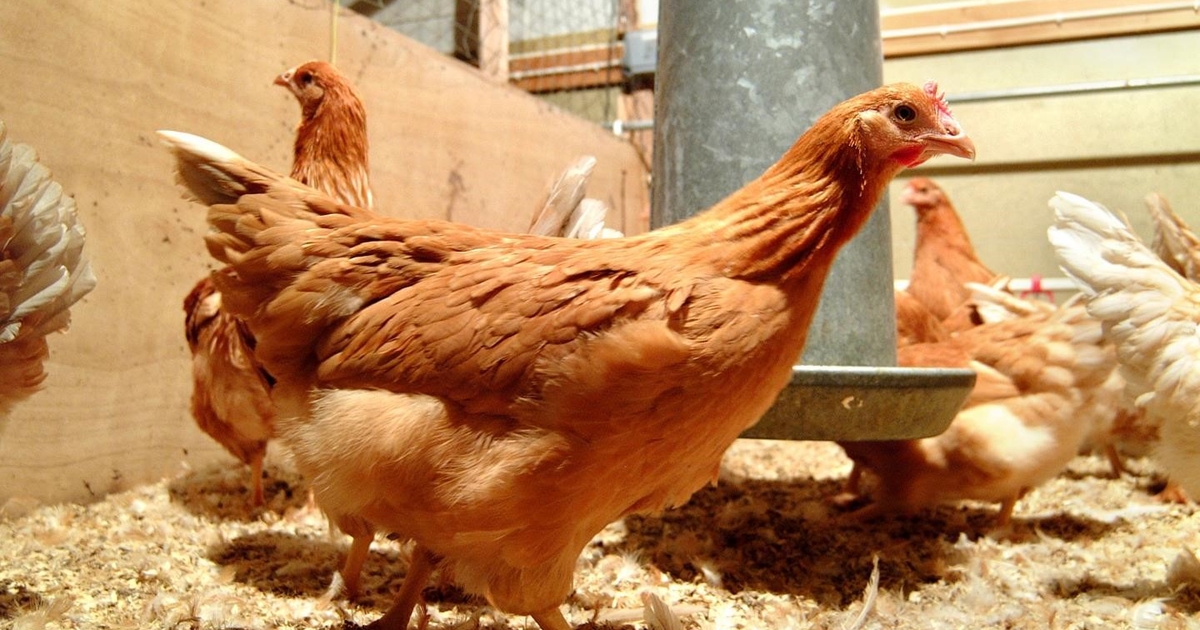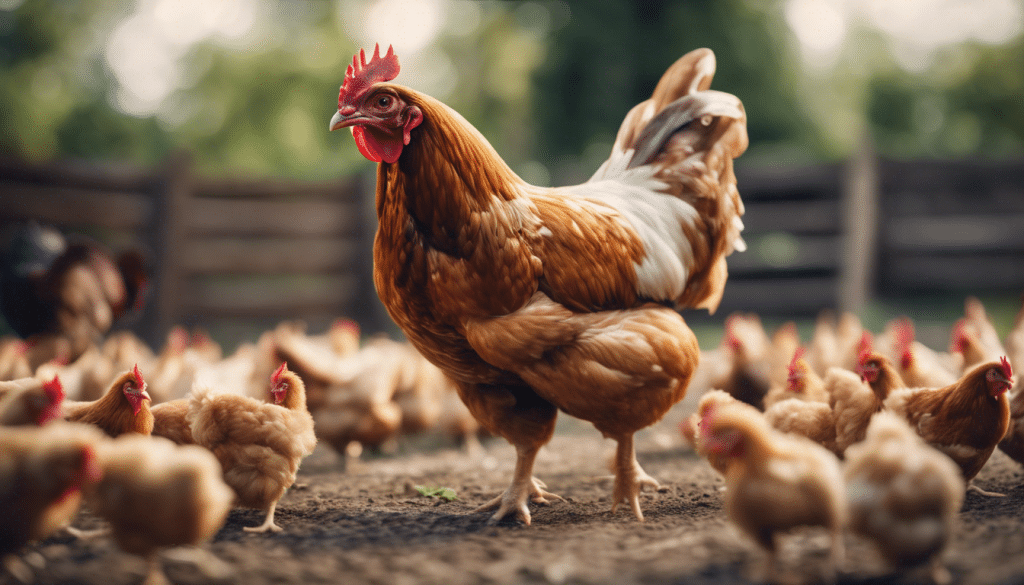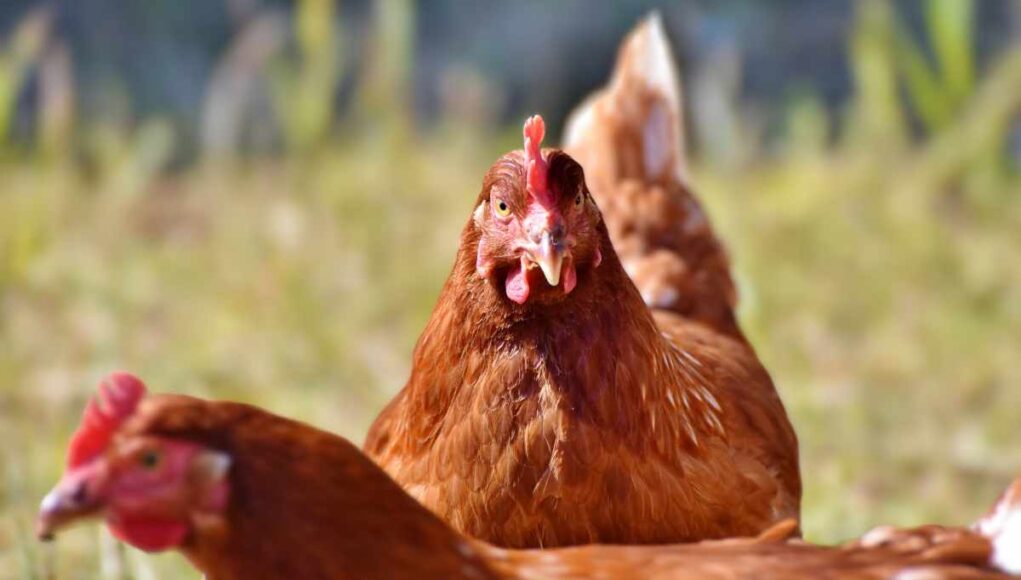Raising healthy chickens is a fulfilling task that comes with its unique set of challenges. One innovative approach to ensuring your flock’s well-being involves the use of clay. In this article, we’ll explore how to use clay for chicken health and why it’s becoming a popular choice among poultry enthusiasts.

Why Consider Clay for Chickens?
Clay is a natural product that has been used for centuries in various health applications. For chickens, it offers numerous benefits, including detoxification, improved digestion, and enhanced nutrient absorption. If you’re interested in alternative methods for boosting your flock’s health, incorporating clay might be an excellent choice.
What Types of Clay Are Best?
Not all clays are created equal, and it’s important to choose the right type for your chickens. Bentonite clay and kaolin clay are two popular options. These clays are known for their high mineral content and ability to bind toxins, making them ideal for poultry use. Learn more about natural remedies for poultry health.
Understanding Bentonite Clay
Bentonite clay is a volcanic ash sediment known for its ability to absorb toxins. It’s often used in animal feed to enhance digestion and improve overall health. When added to chicken feed, bentonite clay can help bind harmful substances in the digestive tract, promoting a healthier gut.
Exploring Kaolin Clay
Kaolin clay, also known as white clay, is another excellent choice for chickens. It has a soothing effect on the digestive system and can help reduce inflammation. By incorporating kaolin clay into your chickens’ diet, you can support their digestive health and improve their nutrient absorption.
How to Integrate Clay into Chicken Diets
Integrating clay into your chickens’ diet is a straightforward process. Start by adding a small amount of clay to their feed, gradually increasing the quantity as they become accustomed to it. It’s important to monitor your flock’s health and adjust the dosage as needed. For more tips on improving chicken health, check out herbal preparations for chickens.
Determining the Right Dosage
When using clay for chickens, it’s crucial to determine the right dosage. A general guideline is to start with a tablespoon of clay per gallon of feed. However, this can vary depending on the size of your flock and their specific needs.
Monitoring Chicken Health
As you introduce clay into your chickens’ diet, keep a close eye on their health. Look for signs of improved digestion, such as firmer stools and increased energy levels. If you notice any adverse effects, consult with a veterinarian to ensure the well-being of your flock.
Additional Benefits of Clay
Beyond digestive health, clay offers several additional benefits for chickens. It can improve feather quality, boost immunity, and even aid in the prevention of heat stress. Discover more about natural remedies for heat-stressed chickens.
Enhancing Feather Quality
Clay can contribute to healthier, shinier feathers. The minerals in clay help strengthen the keratin in feathers, resulting in a more vibrant and resilient plumage.
Boosting Immunity
By promoting a healthy gut, clay can enhance your chickens’ immune system. A strong immune system is essential for preventing diseases and ensuring the overall health of your flock.
Common Concerns and Misconceptions
While clay is generally safe for chickens, there are a few concerns to keep in mind. Some chicken owners worry about the potential for clay to cause blockages in the digestive tract. However, when used in moderation, clay is unlikely to pose any significant risks.
Addressing Concerns
If you’re concerned about using clay for chickens, it’s best to start with small amounts and gradually increase the dosage. Always observe your flock’s health and consult with a professional if you have any doubts.
Misconceptions About Clay
One common misconception is that clay is a cure-all for chicken health issues. While it offers numerous benefits, it’s important to remember that clay should be used as part of a holistic approach to poultry care. For more insights, visit safe flowers for chickens.
Conclusion
Incorporating clay into your chickens’ diet is a natural and effective way to promote their health and well-being. By understanding how to use clay for chicken health, you can provide your flock with the nutrients they need to thrive. Whether you’re a seasoned chicken owner or new to poultry care, clay offers a promising solution for enhancing your chickens’ overall health.

FAQs About Clay and Chicken Health
Is clay safe for all types of chickens?
Yes, clay is generally safe for all breeds of chickens. However, it’s important to introduce it gradually and monitor your flock for any adverse reactions.
How often should I give clay to my chickens?
Clay can be added to your chickens’ diet on a regular basis, but it’s best to start with small amounts and adjust as needed based on your flock’s health and response.
Can clay replace other supplements in my chickens’ diet?
While clay offers many benefits, it should be used alongside other supplements and a balanced diet to ensure your chickens receive all the necessary nutrients.
This article contains affiliate links. We may earn a commission at no extra cost to you.











